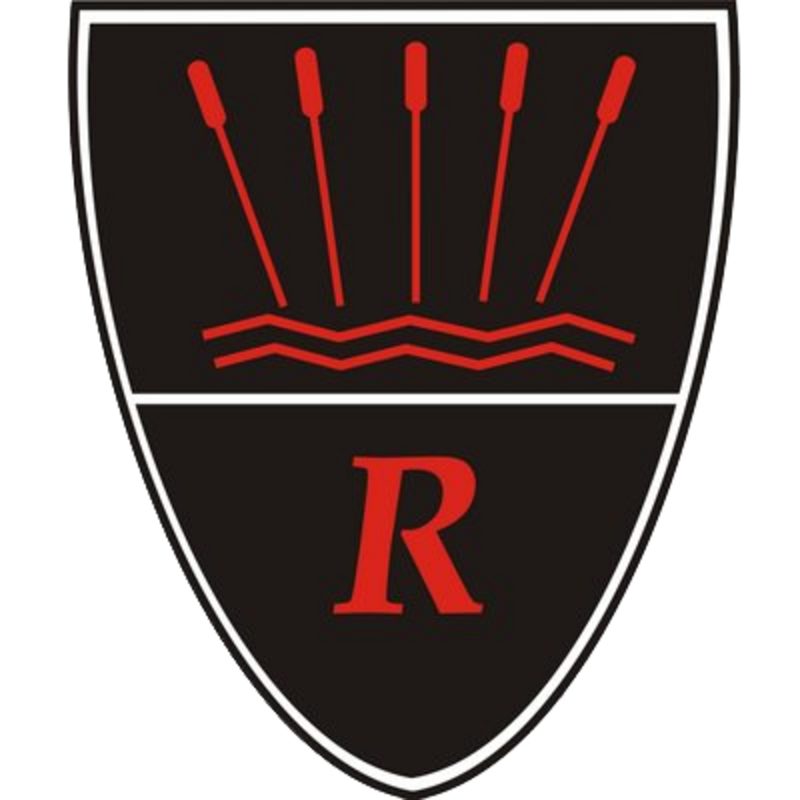
Course outline A level English Literature is a linear course assessed by two final exams. The exams have open and closed text elements and a unit of coursework - an independent critical study, worth 20%. The breadth of study at A level is wider and considerably more challenging in year 13, as appropriate for a two year course. Students are also offered a substantial level of independence when choosing texts for the coursework component, one of which must have been written pre-19th century. Throughout the course, texts connect to various themes: Love through the ages, World War I and its aftermath and Modern times: literature from 1945 to the present day. Shakespeare is also studied in considerable depth. Lesson structure and expectations Most lessons are of a seminar style, involving lively discussion and debate, with close and careful attention to the relevant texts. Literary critical work is analytical in approach, requiring sustained and meticulous scrutiny of the words on the page. The course opens with a general background to literature in order to manage the leap from GCSE to A level, before embarking on exam texts. Students will have the opportunity to work together in smaller groups and to prepare presentations. Students must come to the lessons with a positive attitude and work consistently, determined to read, think, question and argue. We expect our students to love literature, to be hungry for books and to be prolific and enthusiastic readers. Every A level student should keep up to date with their reading of the set texts and should also read widely around the topic, including works of a critical nature. Course requirements A grade 5 in both English Language and English Literature. Next steps The study of English Literature is considered a strong and respected course, grounding students and preparing them for a wide range of careers. Employers recognise the immense value of a literary education and opportunities exist in careers such as: diplomacy, law, accountancy, publishing, teaching and academic careers, marketing or the caring professions.
About Education Provider
| Region | East of England |
| Local Authority | Central Bedfordshire |
| Ofsted Rating | Good |
| Gender Type | Co-Educational |
| Address | Flitwick Road, Ampthill, Bedford, MK45 2NU |
Course outline A level English Literature is a linear course assessed by two final exams. The exams have open and closed text elements and a unit of coursework - an independent critical study, worth 20%. The breadth of study at A level is wider and considerably more challenging in year 13, as appropriate for a two year course. Students are also offered a substantial level of independence when choosing texts for the coursework component, one of which must have been written pre-19th century. Throughout the course, texts connect to various themes: Love through the ages, World War I and its aftermath and Modern times: literature from 1945 to the present day. Shakespeare is also studied in considerable depth. Lesson structure and expectations Most lessons are of a seminar style, involving lively discussion and debate, with close and careful attention to the relevant texts. Literary critical work is analytical in approach, requiring sustained and meticulous scrutiny of the words on the page. The course opens with a general background to literature in order to manage the leap from GCSE to A level, before embarking on exam texts. Students will have the opportunity to work together in smaller groups and to prepare presentations. Students must come to the lessons with a positive attitude and work consistently, determined to read, think, question and argue. We expect our students to love literature, to be hungry for books and to be prolific and enthusiastic readers. Every A level student should keep up to date with their reading of the set texts and should also read widely around the topic, including works of a critical nature. Course requirements A grade 5 in both English Language and English Literature. Next steps The study of English Literature is considered a strong and respected course, grounding students and preparing them for a wide range of careers. Employers recognise the immense value of a literary education and opportunities exist in careers such as: diplomacy, law, accountancy, publishing, teaching and academic careers, marketing or the caring professions.